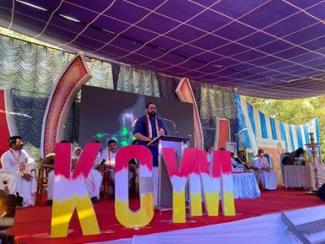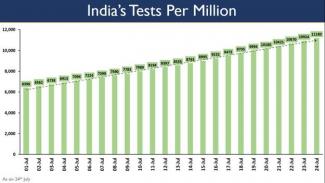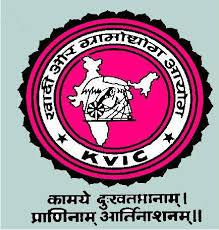
The Union Cabinet has approved implementation of Shahpurkandi Dam Project, Punjab on river Ravi. For this, Central Assistance of Rs. 485.38 cr (for irrigation component) would be provided over five years from 2018-19 to 2022-23.
Implementation of this project would help minimising some of the water of the River Ravi which at present is going waste through the MadhopurHeadworks downstream to Pakistan.
Details:
- On completion of the project an Irrigation Potential of 5,000 ha in Punjab State and 32,173 ha in J&K State would be created.
- Funding for Central Assistance to Shahpurkandi Dam project shall be made through NABARD under existing system for funding of 99 PMKSY-AIBP projects under LTIF.
- In addition to existing monitoring mechanism for projects by Central Water Commission, a committee headed by Member, Central Water Commission and consisting of concerned Chief Engineers of Punjab and J&K and other concerned officers would be constituted to oversee/monitor the implementation of project.
- The Advisory committee of MoWR, RD&GR on Irrigation, Flood Control and Multipurpose Projects accepted the second Revised Cost Estimate amounting to Rs. 2715.70 crore (February, 2018 Price Level) in its 138th meeting held on 31.10.2018.
- The project would be implemented by Govt. of Punjab with Central Assistance of Rs. 485.38 crore The project would be completed by June 2022.
Impact:
- Some of the water of the River Ravi at present is going waste through the Madhopur Headworks downstream to Pakistan whereas there is requirement for the same for use in Punjab and J&K. Implementation of the project would minimise such wastage of water.
- On completion of the project an additional Irrigation Potential of 5000 ha in Punjab State and 32173 ha in J&K State would be created.
- In addition, water being released to provide irrigation in 1.18 Lac ha area under UBDC system in Punjab would be managed/regulated efficiently through this project and the irrigation in the area would be benefitted. On completion, Punjab would also be able to generate 206 MW of hydropower.
News Source
PIB Release











